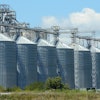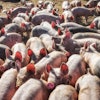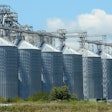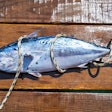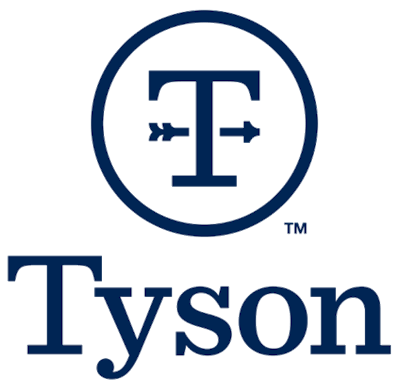
Tyson Foods is evolving its approach to animal welfare by integrating a new welfare framework across its global operations, known as the Five Domains.
Tyson’s Office of Animal Welfare plays an important role in ensuring the company’s vision for animal welfare becomes a reality: to be the world leader in animal welfare through compassionate care based in sound science. Part of being a leader means being open to creative thinking, innovation, and evolving knowledge and practices. The Five Domains, as devised by Professor David Mellor and colleagues, provides a comprehensive platform that incorporates functional and behavioral components, which considered as a whole, provide an assessment of an animal’s overall mental state, also known as the welfare of the animal.
While Tyson Foods acknowledges the importance of the Five Freedoms welfare framework (freedom from hunger and thirst; freedom from discomfort; freedom from pain injury or disease; freedom to express normal behavior; and freedom from fear and distress) in the development of its animal welfare approach, the company made the strategic decision to transition from the Five Freedoms to the Five Domains last year.
Tyson is now moving ahead with widescale integration of the Five Domains across the enterprise. By adopting the Five Domains, the company’s welfare practices are evolving and allowing the company to identify opportunities for enhancement and examine positive outcomes and behaviors of each animal, therefore providing a better understanding of animal needs and ultimately better welfare outcomes.
“Incorporating the Five Domains into our daily conversations and actions is essential for Tyson Foods to drive continuous improvement in our welfare program and culture throughout our global operations”, said Dr. Ken Opengart, vice president of global animal welfare, Tyson Foods.
The Five Domains
With continuous improvement comes research, learning and the evolution of ideas. The Five Domains provides a platform that allows for a more comprehensive understanding and assessment of welfare outcomes as a result of a range of influences. The Five Domains is a more progressive conceptual animal welfare framework that includes the promotion of positive mental states through four domains –nutrition,physical environment,healthandbehavioral opportunities, which ultimately contribute to the fifth domain, themental stateof the animal.
“For decades, the Five Freedoms have provided an essential foundation for conceptualizing animals’ welfare needs. As animal welfare science has advanced, however, the importance of promoting positive (physical, behavioral, and mental) states of welfare in addition to minimizing negative states is increasingly recognized”, said Dr. Candace Croney, professor of animal behavior and well-being and director of The Center for Animal Welfare Science, Purdue University. “Incorporation of the Five Domains reflects the leadership mindset needed to facilitate thought processes, actions, and outcome measurements aligned with achieving these goals.”
Strengths of the Five Domains
在五个自由一直是一个有影响力的part of animal welfare science for the last 25 years and played a significant role in the development of welfare programs around the world, they primarily focus on negative experiences and states rather than the promotion of positive opportunities. The Five Domains model is specifically designed to capture the complexity of welfare states, facilitate welfare assessments and incorporate growing knowledge of welfare science into practical applications. In addition, the Five Domains are adaptable to each species behavior, biology and ecology.
“The Five Domains model represents the forefront of current efforts to conceptualize and assess animal welfare,” said Dr. Dorothy McKeegan, senior lecturer in animal welfare and ethics at the University of Glasgow. “Tyson’s adoption of the Five Domains represents an admirable commitment to embrace animal welfare improvements in a scientifically sound, evidence-based way.”
Tyson Foods collaborates with many internal and external subject matter experts to utilize ongoing research findings, innovation and engagement to continuously improve the welfare of the animals entrusted to the company’s care. Tyson has an externalAnimal Welfare Advisory Panelmade up of 13 external subject matter experts, an internalGlobal Animal Welfare Counciland 54 specially trained动物福利行业性stsembedded within the business who are dedicated to promoting the importance of animal welfare across the company, maintain standards and directly facilitate improvements.
For more information on Tyson Foods’ animal welfare and sustainability practices, please visittysonsustainability.com.

